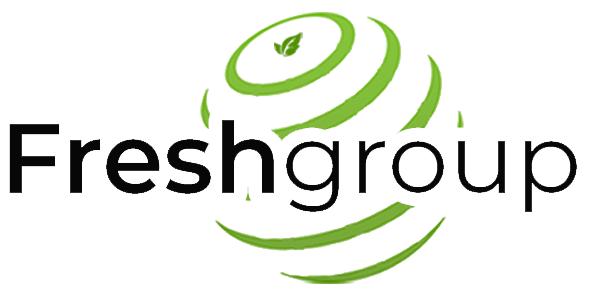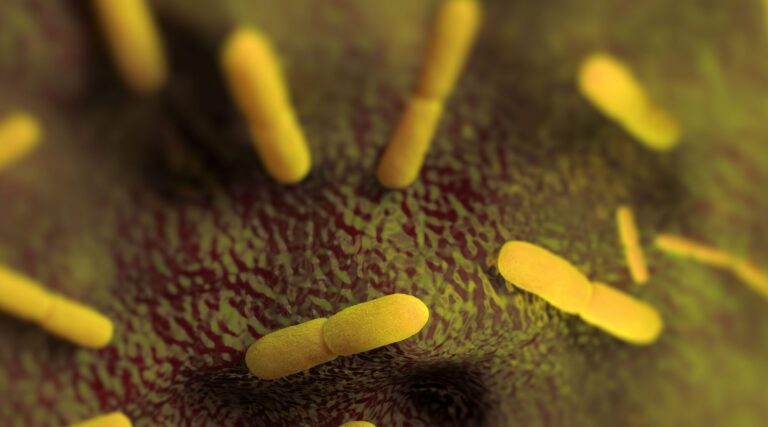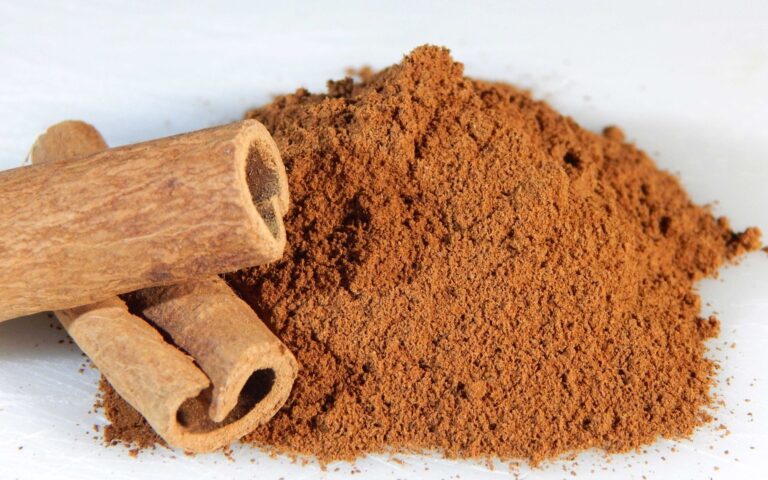In a concerted effort to enhance food safety standards in Africa, several initiatives funded by European sources have officially commenced operations. The flagship Food Safety for Africa (FS4Africa) project is tailored to address traceability, authenticity, and food safety challenges prevalent across the continent. It targets issues such as mycotoxin contamination, pesticide residues, microbial contamination (notably E. coli), and food adulteration, aiming to bolster food safety systems, particularly within the informal sector. Coordinated by the International Institute of Tropical Agriculture in Nigeria, FS4Africa boasts substantial funding of almost €5 million ($5.4 million) under Horizon Europe, with noteworthy partners including Wageningen University, the University of Pretoria, and the African Union Development Agency.
Concurrently, the UP-RISE EU-African Union project focuses on food safety practices and mycotoxin contamination throughout the entire food production, distribution, and consumption chain. Operational in Benin, Côte d’Ivoire, Nigeria, Kenya, and South Africa, it seeks to fortify regulatory frameworks, implement early warning systems, and curb mycotoxin-related food loss. With funding surpassing €5 million ($5.4 million) and coordinated by Ghent University, UP-RISE EU-African Union is slated to continue its operations until December 2027.
Another significant project, CATALYSE, aims to bridge the gap between various stakeholders involved in food safety practices. Coordinated by Università Cattolica del Sacro Cuore in Milan, it focuses on facilitating communication among end-users, innovators, practitioners, trainers, and regulators. With an emphasis on education, training, and support for food business start-ups and SMEs, CATALYSE aims to promote innovative solutions and practices in food safety. The project is funded with under €2 million ($2.1 million) and is running until December 2026.
Lastly, the MYCOBEANS project aims to address emerging risks posed by mycotoxins in legumes intended as alternative plant proteins. Led by the University of Parma, it includes partners such as Barilla and R-Biopharm. Introducing innovative diagnostics, toxicological evaluations, and biotechnological mitigation strategies along the plant protein supply chain, MYCOBEANS endeavors to enhance food safety standards. Supported by the EU with over €700,000 ($757,000) in funding, the project is set to conclude in December 2027.
Reach out to Fresh Group Food Safety And Quality Consulting for any inquiries related to food quality and safety.




